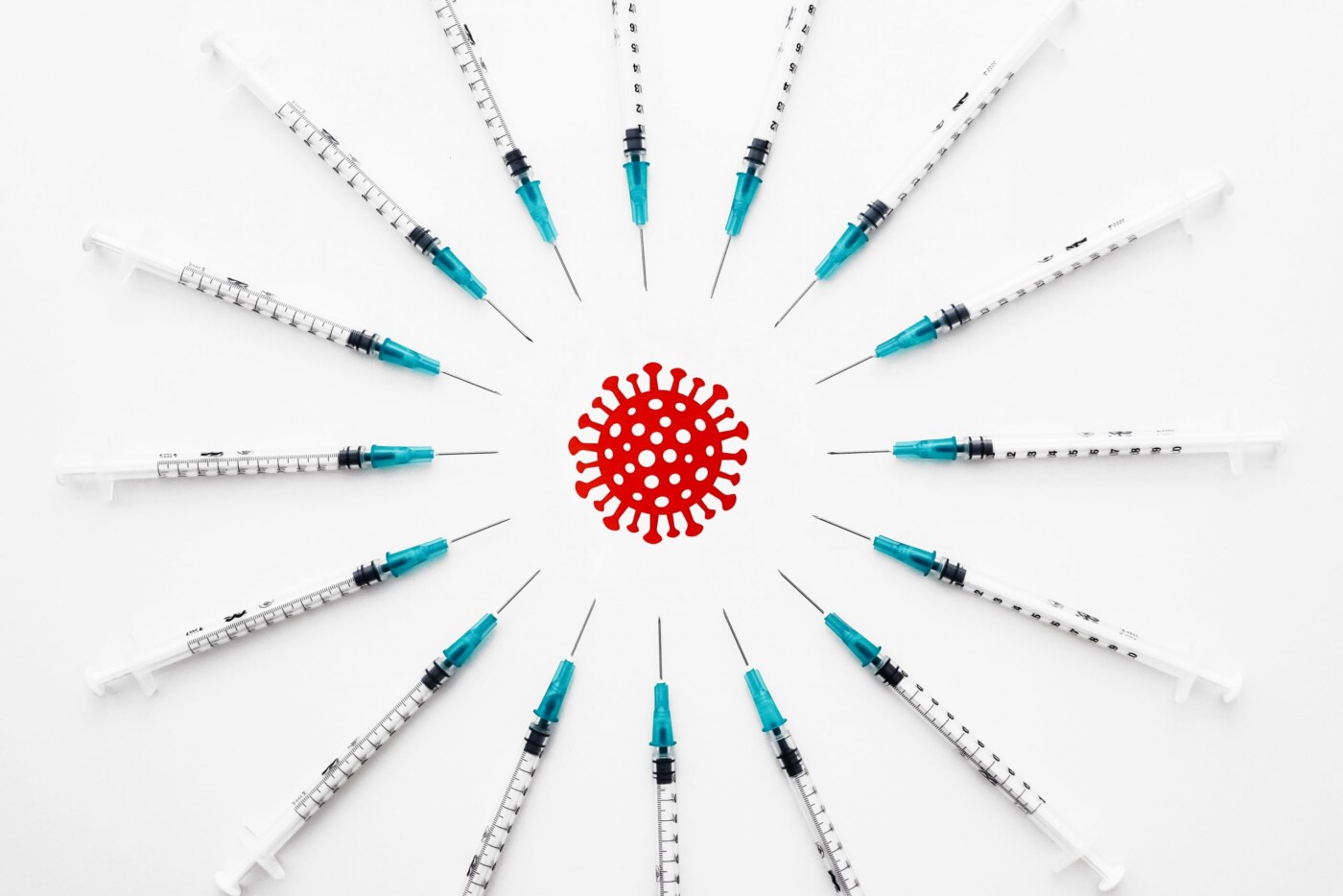The U.S. Food and Drug Administration approved a second COVID-19 booster vaccine dose Tuesday for some immunocompromised people as well as all adults over the age of 50.
A second booster dose of either mRNA vaccine will be available for eligible people at least four months after their first booster dose under the FDA’s authorization. In addition to all adults over age 50, a second booster dose is recommended for people with weakened immune systems from various factors, including organ transplant recipients, those being treated for cancer and people with HIV. Boosters of the Pfizer-BioNTech vaccine are available to people age 12 and up while booster doses of the Moderna vaccine are only approved for adults.
“Current evidence suggests some waning of protection over time against serious outcomes from COVID-19 in older and immunocompromised individuals,” said Dr. Peter Marks, the director of the FDA’s Center for Biologics Evaluation and Research.
“Based on an analysis of emerging data, a second booster dose of either the Pfizer-BioNTech or Moderna COVID-19 vaccine could help increase protection levels for these higher-risk individuals.”
Federal regulators approved initial booster vaccine doses for older and immunocompromised people last summer amid an uptick in COVID cases tied to the delta variant. Boosters were subsequently approved for most other people in October in anticipation of a wave of cases due to the highly contagious omicron variant.
While both mRNA vaccines and the single-dose Johnson & Johnson vaccine remain highly effective at preventing serious COVID-19 illness and death, public health officials at all levels have argued that preemptively boosting a person’s immune response will maximize protection against existing and potential variants of the virus, which could become more contagious and even circumvent vaccine protections.
Talk of a second booster dose has increased in the wake of the winter omicron surge and the recent emergence of the BA.2 subvariant of the omicron variant as vaccine protection tends to wane over time. The majority of new cases reported in California and nationally are now the more transmissible BA.2 subvariant.
FDA officials said they have yet to determine whether a second booster dose will be recommended for other age groups.
“The data show that an initial booster dose is critical in helping to protect all adults from the potentially severe outcomes of COVID-19,” Marks said. “So, those who have not received their initial booster dose are strongly encouraged to do so.”
